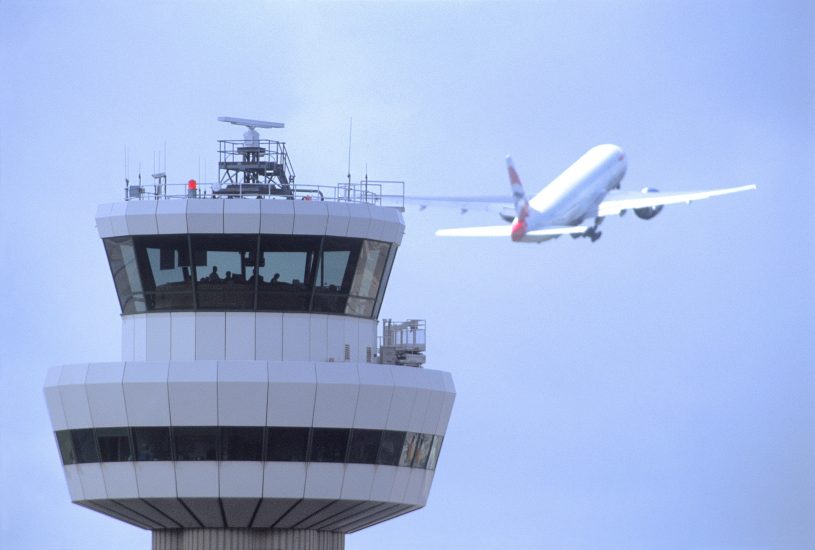UK drone industry body ARPAS-UK, which advocates for responsible recreational and commercial drone use, is calling for a revision of the narrative surrounding the 2018 Gatwick Airport incident.
Hundreds of flights were cancelled at the airport between 19 and 21 December 2018, following reports of drone sightings close to the runway. A couple, who lived nearby, were initially arrested and later cleared and released without charge. No further arrests were made and the investigation closed in September 2019 due to a lack of evidence.
“No credible evidence of malicious drone activity at Gatwick Airport was provided post-investigations,” ARPAS-UK says in a January 16 statement. “Yet, to this day, the Gatwick Drone incident and its sensational coverage has had far-reaching negative implications for the drone industry.”
Despite widespread reporting at the time and numerous callbacks to the Gatwick incident in later media coverage, investigations and freedom of information requests have not produced credible evidence supporting claims of sustained malicious drone activity. “As we enter 2025, continuing to assert that Gatwick Airport suffered a three-day disruption in December 2018 due to such activity lacks credible backing,” ARPAS-UK states.
The organisation says ramifications of this incident have been far-reaching and detrimental to the drone industry. “The sensational coverage has contributed to a negative perception of drones, leading to stricter regulations both in the UK and internationally. This event has also tarnished the industry’s reputation, with the public associating drones with disruption and danger. Such misperceptions overshadow the potential of drones to drive economic, environmental, and social benefits.”
ARPAS-UK says it supports reasonable and proportionate measures to prevent misuse near sensitive areas such as airports, prisons, and critical infrastructure. Violating these laws, particularly actions that endanger aircraft, can lead to severe consequences, including imprisonment for up to five years.
“Since 2018, airports have significantly improved their preparedness for drone-related incidents, with many implementing detection systems and streamlined response procedures to manage drone activity effectively,” ARPAS-UK notes. “However, too many unauthorised drone flights detected in restricted zones continue to pose challenges. Many of these involve very small recreational drones which, despite their size, pose risks to other aircraft. What if an incident were to happen?”
ARPAS-UK believes that part of the problem is that new fliers are not aware of, or do not understand the regulations and laws that are relevant to flying drones. “By equipping drone users with the knowledge of legal requirements, associated risks, and the consequences of non-compliance, we can foster a culture of safety and responsibility.” The organisation contributes to National Police Chiefs’ Council committees to address these concerns, promoting initiatives that support safe and lawful drone operations while encouraging innovation and growth within the industry.
“The drone industry offers immense opportunities for societal and economic advancement,” ARPAS-UK says. “It is essential to base incident narratives on verified facts, and to support the safe use of drones across the recreational and commercial communities.”
For more information
Image: Gatwick Airport




